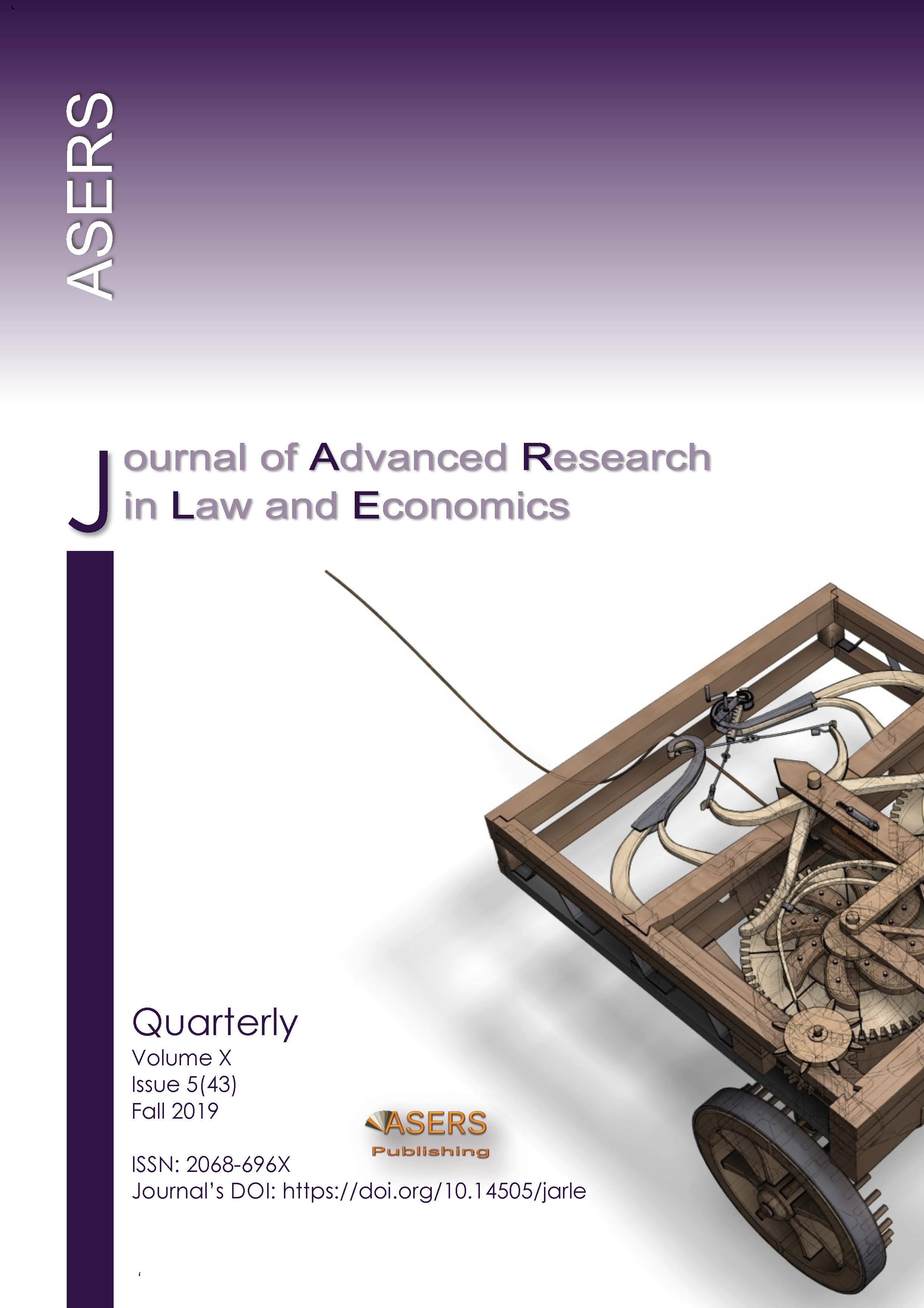Legal Regulation of Innovative Technologies Usage for Sustainable Educational Systems Development
Legal Regulation of Innovative Technologies Usage for Sustainable Educational Systems Development
Author(s): Yuriy A. Bokov, Aleksandr P. TONKIKH, Marina A. KHUDIAKOVASubject(s): Education, Constitutional Law, ICT Information and Communications Technologies
Published by: ASERS Publishing
Keywords: innovative activity; pedagogical structure; regulation; development; formation;
Summary/Abstract: In accordance with the Concept of long-term socio-economic development of the Russian Federation for the period up to 2020, the strategic goal of the state policy in the field of education is to increase the availability of quality education that meets the requirements of innovative economic development, modern needs of society and every citizen. The leading role in the modernization of Russian education belongs to teachers. In this regard, in the modern Russian state, the task of improving and increasing the level of legal regulation of the status of teachers becomes important. The current legislation that establishes the specifics of the work of teachers in General education institutions has a number of disadvantages that prevent the improvement of the social status and professionalism of this category of persons. The shortcomings of the current legislation in the field of labor of teachers of General education institutions with a constant trend of its development have led to the need for a detailed analysis of legal norms in this area and the relevance of the research. The purpose of the research is to reveal the features of legal regulation of the work of teachers in General education institutions, identify shortcomings and gaps in legislation in this area and formulate proposals for their elimination. Research on the development of schools over the past decades has revealed the dependence of the quality of innovation on the involvement of teachers in it. It is shown that the achievement of the necessary results of innovation activity is determined by its quality, defined as the ratio of the actual results achieved to the objectively necessary and possible under existing conditions. The level of this relationship depends on how problems are identified, opportunities are sought and used to solve them.in other words, the quality of a school's innovation activity is defined as the relationship between necessary, potentially possible and actually implemented changes in its teaching system. It is established that the school is more capable of development, the higher the quality of its innovation activity as a whole, which is determined by the quality of implementation of its functions. Innovation activity, depending on what its structure is and how its functions are implemented, has different potential opportunities to fulfill its purpose. The greatest ability to develop are schools whose innovative activities are based on a system-based approach. This approach to school development assumes that the object of changes is considered as a system of joint activity. Innovative activity, which results in changes in the educational system, is also understood as a special system of activity.
Journal: Journal of Advanced Research in Law and Economics (JARLE)
- Issue Year: X/2019
- Issue No: 43
- Page Range: 1399-1407
- Page Count: 9
- Language: English
- Content File-PDF

